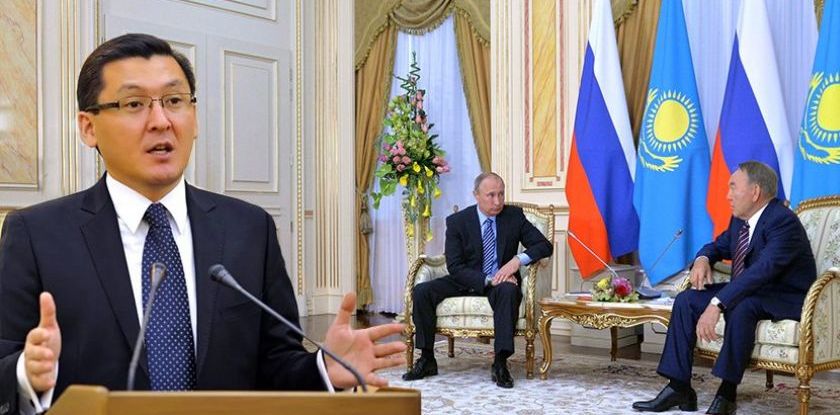In our previous articles, we have noted that Kazakhstani regime’s war against corrupt officials, embezzlers and individuals who abuse their employment status had risen to the level of repressions and has a clear political motivation that often prevails over the legal part of individual criminal cases.
By using repressions, Akorda is trying to somehow bring the ruling elite to its senses and make it at least partially adhere to the law and moral norms. However, the effectives of the campaign is not very high yet, since government officials and managers of quasi-governmental institutions still steal, take bribes and abuse their power.
Also, recent changes to Kazakh legislation let them avoid long prison terms through the mechanism of full plea of guilt and making a deal with the criminal indictment institutions. Even though they pay giant fines and lose a privilege of holding a government position, they preserve their freedom.
It seems like after some time a new social group of bereaved, will emerge in the country, i.e. former government officials, law enforcement agents and quasi-government employees who were bereaved for life or temporarily to do certain jobs, but nevertheless preserved knowledge, experience and hold on their unclaimed shadow capital.
In turn, law enforcement agencies are interested in making deals with those suspects who have something to offer them. Even ignoring individual interests of certain investigators, prosecutors and other members of the law enforcement, such deals streamline investigation process and make it easier. They also take away the risk that a court won’t side with the indictment and will pass an acquittal verdict.
It is a different case, when the defendant has influential adversaries within the regime. Using the mechanisms of deals, they can close the chapter on their struggle against inner-elite enemies. All they need for this, is to have enough material to label the defendants an “organized crime” group, after which the mechanism of deals loses its powers and defendants get a long prison sentence.
In order to prove the abovementioned, we want to mention one of the most notorious cases of the last few years, the case of the former deputy head of Kazakhstani presidential cabinet, Baglan Mailybaev.
For many years, Mailybaev was considered one of the most influential members of Nazarbaev’s administration, which was true, since he directly managed domestic politics of the country, was privy to the head of the state and was welcomed at the Kremlin. Now it is all in the past.
Baglan Mailybaev was aprehended on January 12 2017 by the agents of the national security committee on the suspicion of committing a crime, under the parts 1 and 3 of article 185 of criminal code of KR, i.e. unlawful gathering, distribution and divulgence of government secrets. On January 14 Esil district court of Astana sanctioned the arrest of B. Mailybaev and his aide Galikhin N. for two months.
Based on the existing information, Mailybaev has admitted his guilt. Moreover, he has admitted to embezzling government funds, through a system of government contracts for ideological work. This is why the investigation has several private firms and funds in their field of view including Korkem Film movie company. Thus, they are treating it as a case of organized crime.
In other words, law enforcement agents, having a political approval can now move in two ways. A traditional way is when a high-ranking member of a quasi-governmental organization is being arrested for embezzlement of government funds, bribe-taking or abuse of power, after which depending on the balance of power among the elites they either they make a deal or put him in jail.
A non-traditional way, as is the case with Mailybaev’s arrest, a person is arrested for a non-economic crime, then after getting a guilty plea from them, they also put economic convictions on top of that.
In this case we neither defend or convict the deputy head of the presidential cabinet of the KR, but rather show the fact of existence of the repressive machine.




